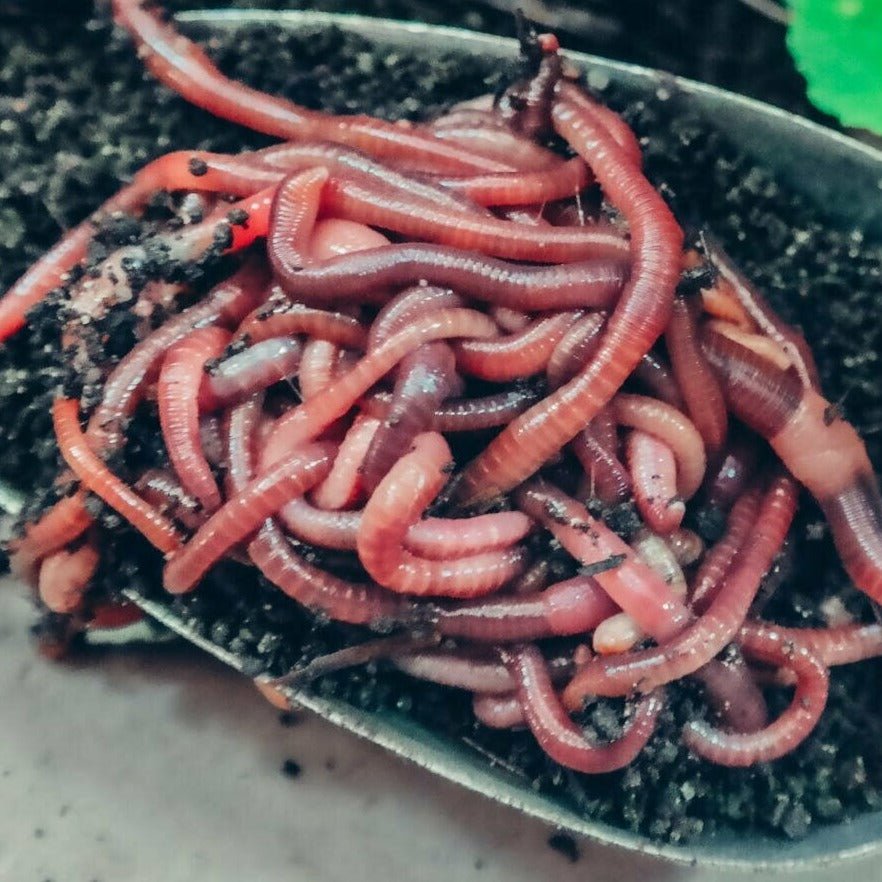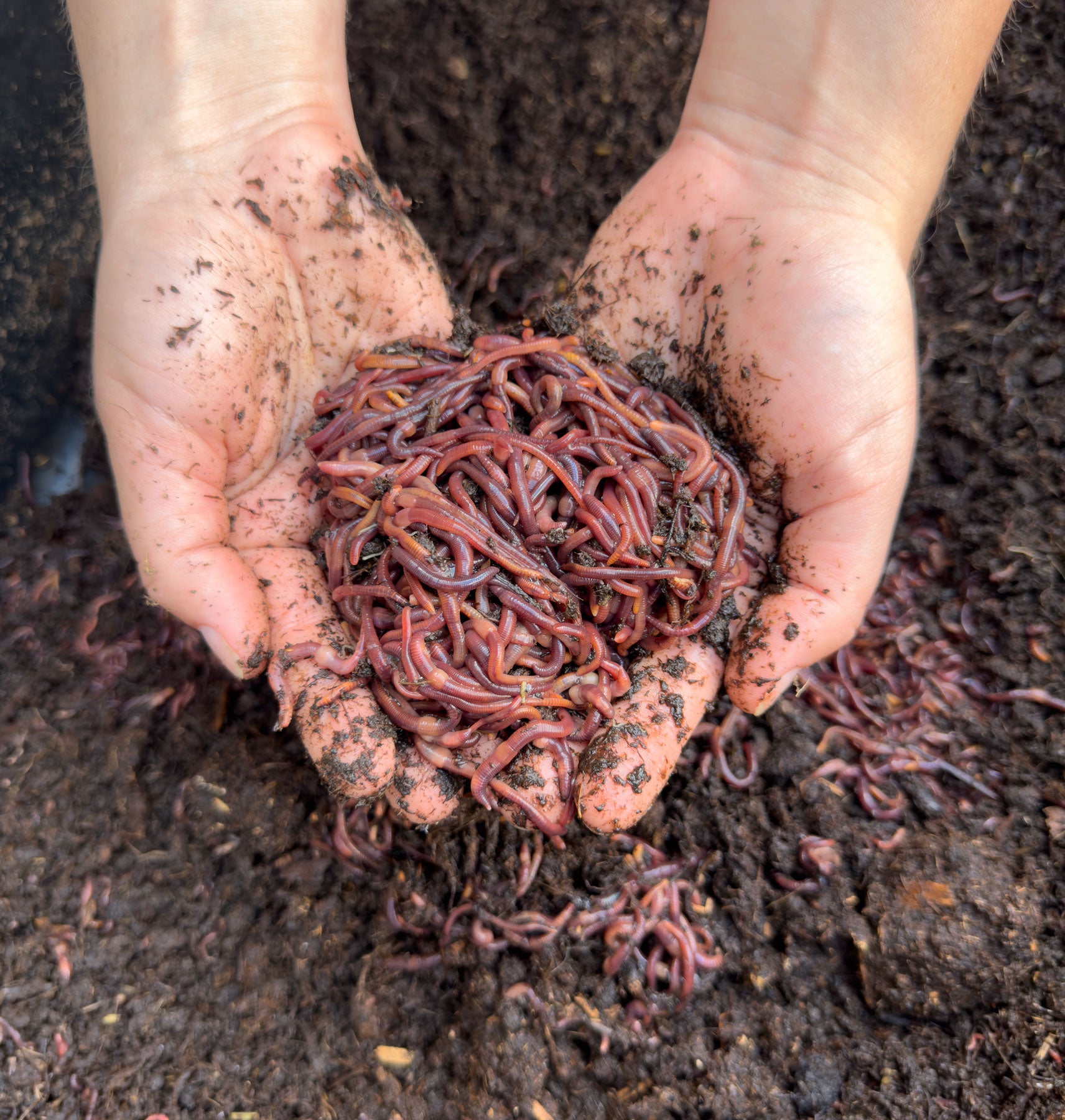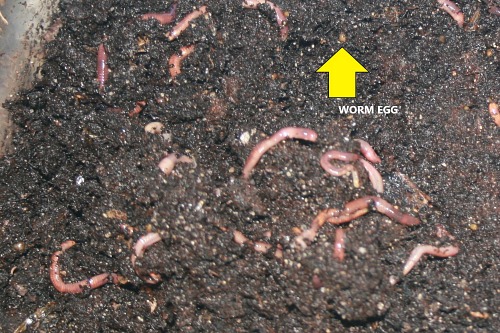Red Wiggler Worms Demystified: Unlocking the Tricks of Vermiculture for Greener Living and Nutrient-Rich Dirt
In the world of sustainable techniques for improving dirt top quality and advertising eco-conscious living, red wiggler worms play a crucial yet often neglected duty. Red Wiggler Worms. Understanding the intricacies of caring for these worms, maximizing their setting, and using their spreadings can lead to a greener way of living and much healthier dirt for plants to grow.
The Function of Red Wiggler Worms
Red Wiggler worms play a crucial role in composting systems by effectively damaging down organic issue right into nutrient-rich castings. These ravenous eaters consume a range of organic materials, such as kitchen scraps, yard waste, and paper products. As they feed, the worms' digestion processes damage down the raw material into a fine, dark, and nutrient-dense product referred to as worm castings or vermicompost.
The spreadings generated by Red Wiggler worms are extremely helpful for dirt health and wellness and plant growth. They are rich in essential nutrients like nitrogen, phosphorus, and potassium, which are essential for sustaining healthy plant growth. Furthermore, worm spreadings include advantageous microorganisms and enzymes that aid improve dirt structure, boost water retention, and enhance nutrient uptake by plants.
Advantages of Vermicomposting

Moreover, vermicompost, the nutrient-rich end item of vermicomposting, functions as an excellent organic fertilizer and dirt conditioner. It improves soil structure, enhances soil aeration, and enhances dirt dampness retention. These buildings add to healthier plants with more powerful origin systems and much better resistance to bugs and diseases. Vermicompost additionally enriches the soil with important nutrients like nitrogen, phosphorus, and potassium, advertising plant development and general soil fertility.
In addition, vermicomposting assistances lasting gardening practices by offering a chemical-free and all-natural alternative to artificial fertilizers. Red Wiggler Worms. This ecologically pleasant strategy not only enriches the soil but likewise aids decrease dependence on unsafe chemicals, advertising a greener and extra sustainable way of horticulture
Establishing a Worm Bin
When developing a additional reading worm container for vermicomposting, proper configuration is important to make sure the success of the composting procedure. The very first step in establishing a worm container is selecting an ideal container. This can be a plastic container or wooden box that supplies enough room for the worms to move around and has appropriate water drainage openings to stop waterlogging. Next, a bed linens material such as shredded newspaper, cardboard, or coconut coir should be added to the container. This bed linens provides a comfortable setting for the worms and assists keep wetness levels.
After including the bedding, introduce the red wiggler worms to the container. The worms must then be offered with food scraps such as fruit and vegetable peels, coffee premises, and eggshells.
Consistently monitor the wetness levels and temperature level in the worm bin to ensure optimum conditions for the worms. With appropriate configuration and upkeep, the worm container will successfully convert organic waste right into nutrient-rich garden compost for your plants and yard.
Collecting Worm Castings
To effectively accumulate nutrient-rich worm spreadings from your vermicomposting system, a methodical harvesting method is necessary. When it comes time to gather the worm castings, there are a couple of key actions to comply with to ensure an effective procedure.

Troubleshooting Common Issues
Recognizing and dealing with common difficulties that might occur throughout the vermicomposting process is essential for keeping Home Page a healthy and balanced and description efficient worm bin. Adding excess food scraps can lead to an accumulation of wetness and acidity in the worm container, possibly hurting the worms. Another issue is unpleasant smells originating from the worm bin.
In addition, if the worm populace is declining or the worms show up harmful, it could be as a result of ecological stress factors such as extreme temperature levels or pH degrees. Keeping an eye on these elements and making essential modifications is crucial for the health of the worms. By troubleshooting these common issues without delay, vermicomposters can make certain a effective and smooth vermicomposting process while maintaining a flourishing worm populace.

Final Thought
In verdict, red wiggler worms play a critical duty in vermiculture by breaking down natural matter right into nutrient-rich soil. Setting up a worm container is vital for effective vermiculture, and collecting worm castings supplies important garden compost for gardening.
As they feed, the worms' digestive processes damage down the natural matter right into a fine, dark, and nutrient-dense product understood as worm spreadings or vermicompost.
The spreadings generated by Red Wiggler worms are extremely helpful for dirt wellness and plant development. Adding excess food scraps can lead to a build-up of wetness and level of acidity in the worm bin, possibly harming the worms.In addition, if the worm population is decreasing or the worms show up harmful, it could be due to environmental stress factors such as extreme temperature levels or pH levels. Setting up a worm bin is vital for successful vermiculture, and gathering worm spreadings gives important compost for horticulture.